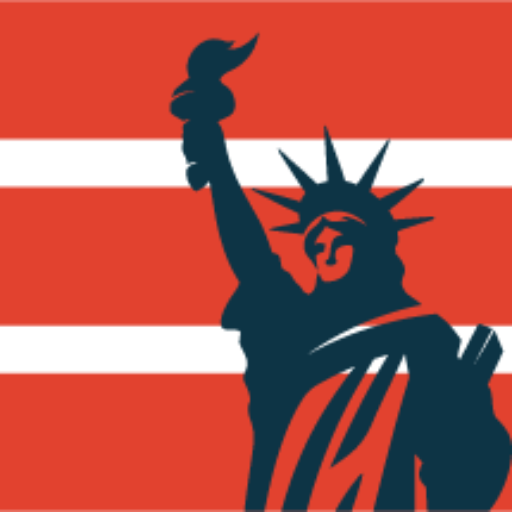
New Tariffs on Brazilian Beef Imports Could Impact U.S. Consumers
USA Zine reports that President Donald Trump’s recent announcement of a 50 percent tariff on Brazilian beef imports may significantly alter the pricing landscape for American consumers. Set to take effect on August 1, unless the administration reconsiders, this decision positions the United States as the second-largest importer of Brazilian beef, following China.
Brazil, a key player in the global beef market, has seen its share of exports to the U.S. rise, now making up 21 percent of all beef imports. This increase can be attributed to various domestic supply challenges in the U.S., including severe drought conditions and rising grain prices. In fact, imports from Brazil doubled in the first half of this year compared to the same timeframe in 2024, driven in part by the looming threat of these new tariffs.
Food economists project that should the tariffs proceed, importers of ground beef—an essential ingredient in many American households—could be disproportionately affected. David Ortega, a professor at Michigan State University, indicated that this scenario may force U.S. beef importers to either absorb the higher costs of Brazilian beef or seek out other, potentially more expensive sources, thus driving higher prices for popular beef products such as hamburgers. This comes at a time of declining cattle herds in the U.S., the lowest in many decades, paired with strong demand for beef, which has already contributed to rising prices.
The proposed tariff would increase the effective tariff rate on Brazilian beef imports to approximately 76 percent for the remainder of the year, according to industry analysts at Reuters. Some domestic trade organizations, notably the National Cattlemen’s Beef Association (NCBA), have expressed support for this policy change. The NCBA’s Executive Director of Government Affairs, Kent Bacus, stated that this move holds Brazil accountable for longstanding concerns regarding cattle health and food safety.
As the U.S. beef industry grapples with reduced domestic production and heightened reliance on imports, the NCBA warns that these tariffs are a crucial first step. Furthermore, U.S. cattle producers are managing a complex landscape of challenges, including the smallest herds they’ve seen in over 70 years, and further declines in production projected by year’s end.
Restaurant industry leaders have voiced concern that increased tariffs could lead to higher operational costs, affecting menu planning for establishments reliant on a steady supply of affordably priced beef. Sean Kennedy, of the National Restaurant Association, highlighted the industry’s dependence on consistent importation of goods that are not feasibly produced domestically.
While stock markets exhibited a muted reaction to the tariff news, with the Dow Jones Industrial Average and S&P 500 seeing minor declines, major Brazilian beef producers such as JBS and Marfrig strive to adapt. JBS, which has made substantial investments to expand its U.S. operations, indicated resilience despite challenges posed by the new tariff framework.
Overall, as U.S.-Brazil trade relations continue to evolve, the agricultural landscape is poised for significant shifts that may affect both consumer pricing and imported goods accessibility.
#BusinessNews #WorldNews

